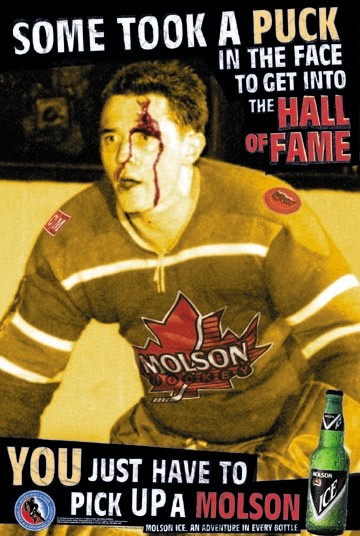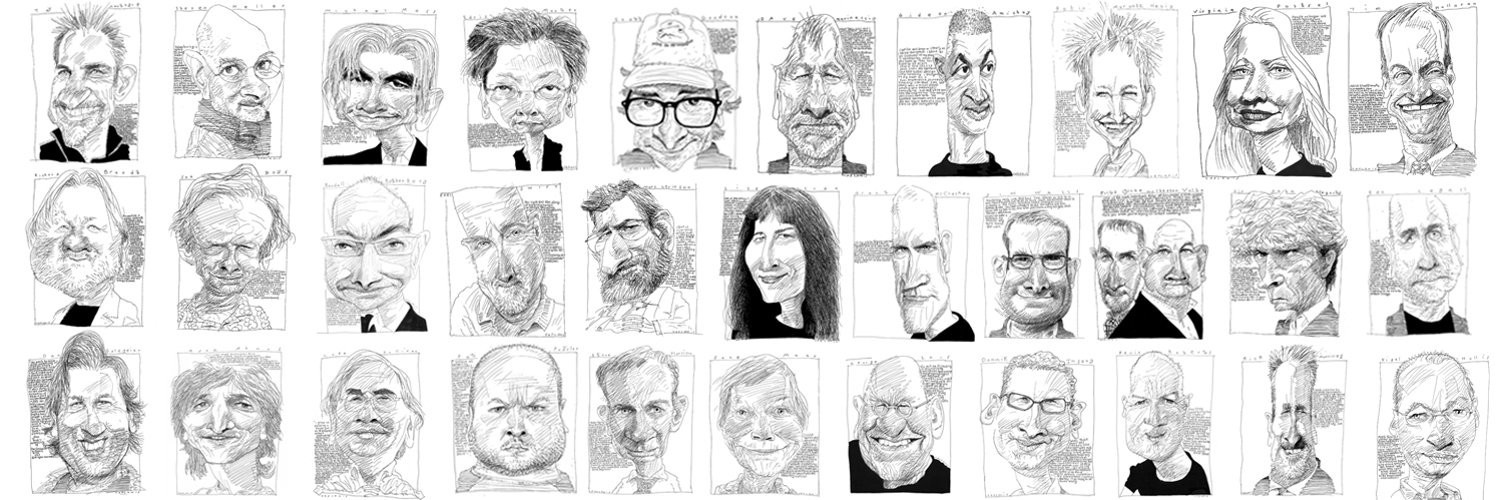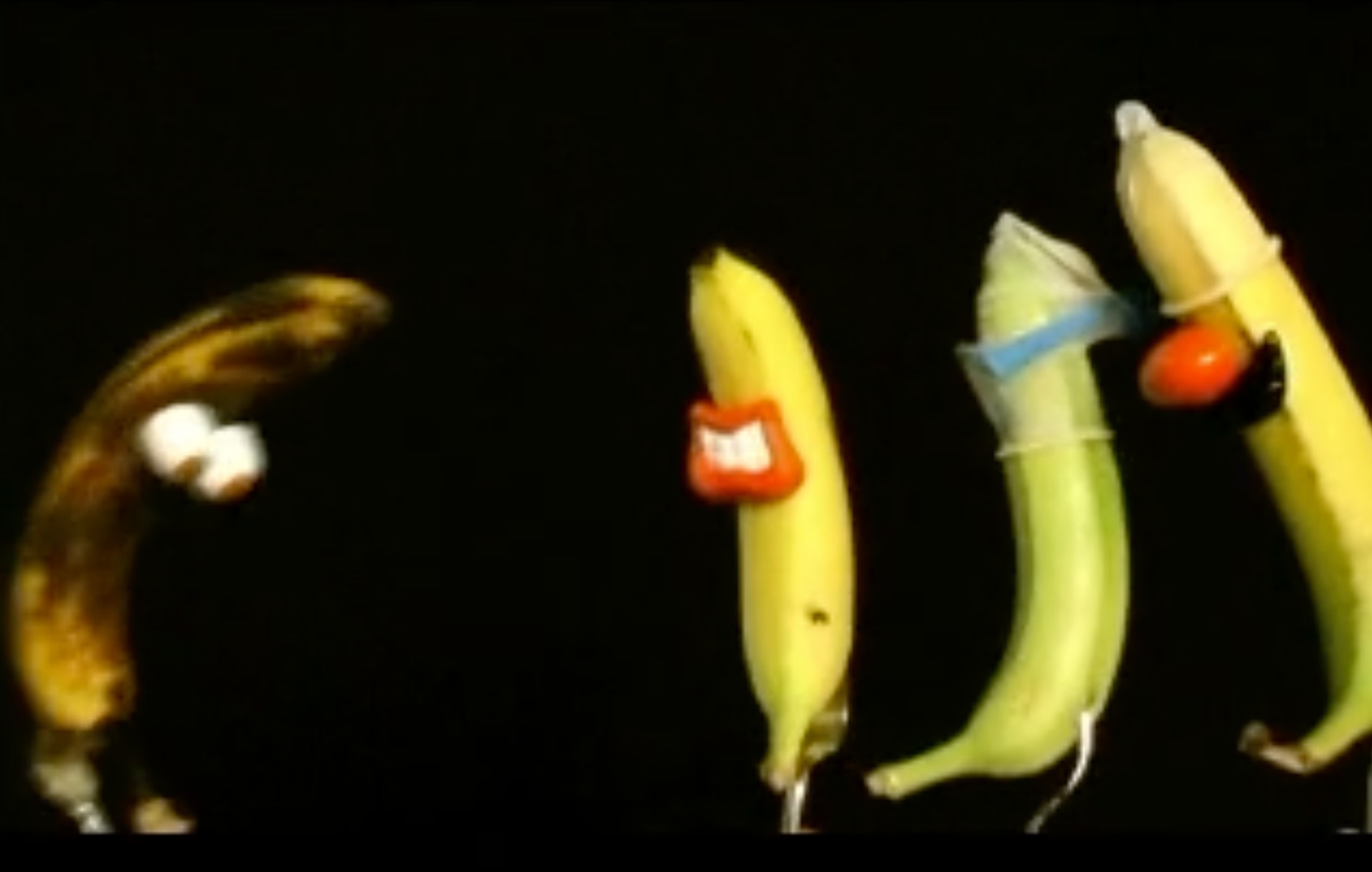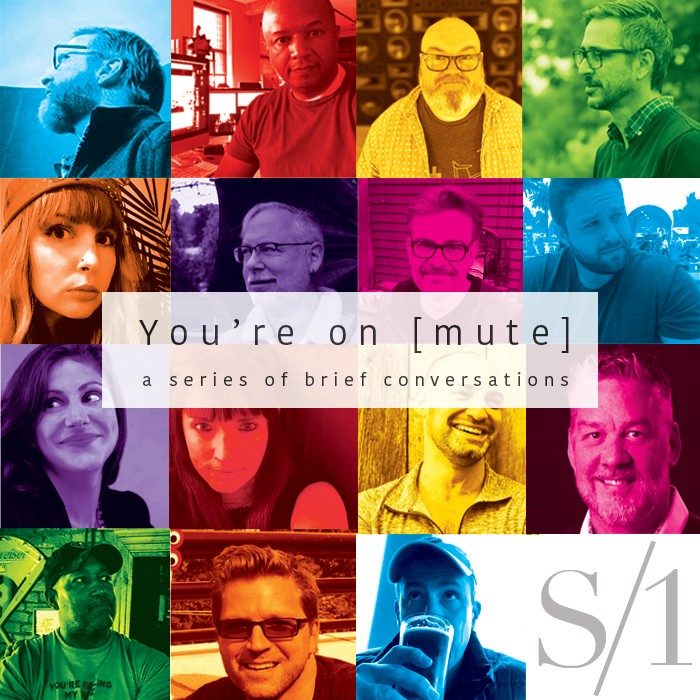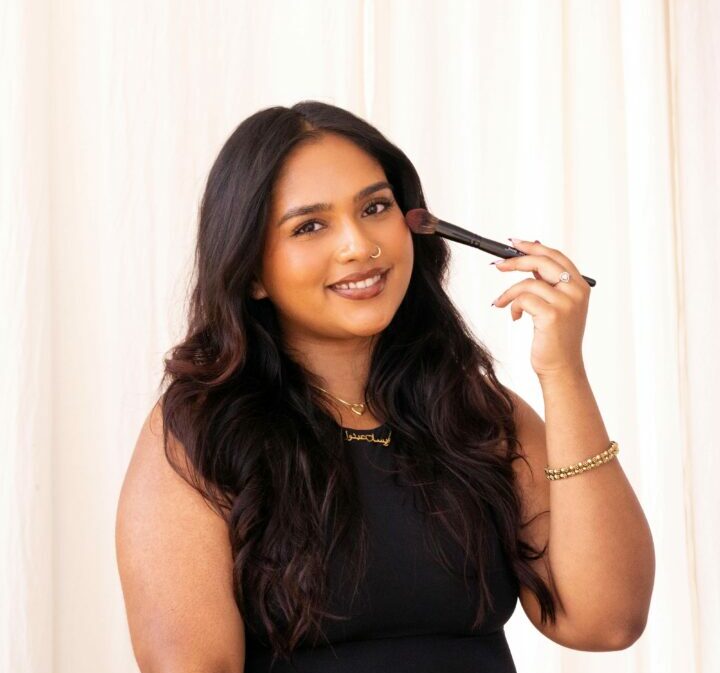We’re excited to introduce you to the always interesting and insightful Martin Bihl. We hope you’ll enjoy our conversation with Martin below.
Alright, so we’re so thrilled to have Martin with us today – welcome and maybe we can jump right into it with a question about one of your qualities that we most admire. How did you develop your work ethic? Where do you think you get it from?
I COULD say that my work ethic comes courtesy of an ancestry steeped in the bleak landscapes of northern Europe where, during the brutal and seemingly interminable winters there was nothing to do but work and/or starve, and posit that, therefore, genetically I am predisposed to my work ethic. OR I could cite the correspondingly bleak religions from that part of the planet, religions that equated relentless toil with the only hope one had of any form of salvation. Or said another way, the idea that the constant reminder of the fires of hell can do wonders for driving one on past his endurance.
But really I think my work ethic comes down to three things. 1) I am relentlessly curious and so there is ALWAYS something to do – some book to read, some movie to watch, some song to hear, some essay to write, some SOMETHING to experience and understand. 2) I love seeing an idea become a reality, and 3) I have bills to pay. So it’s always time to get back to work.
That said, there’s an entirely different way of looking at the question.
Beyond quantity. To QUALITY. “Work ethic” could be interpreted as “what makes you go the extra mile?” Like, what makes you look at ALL the footage yourself, even though that’s what you could be paying the production house for? Or what makes you ask the editor to add just a micro-beat more space between two words on the VO? Or what makes you re-write your notes for a presentation three or four or five times? In other words, what drives you to finesse the details that no one will notice?
Is it just because I’m an obsessive compulsive asshole who can’t leave well enough alone and really needs to get a hobby? Perhaps. OR it could be because I know how big an impact little things can have. Never the “oh man that totally works because of that little change” impact but rather the impact that moves people without them even knowing why or how.
I wish I didn’t know that. But I do.
I don’t know where THAT comes from.
Let’s take a small detour – maybe you can share a bit about yourself before we dive back into some of the other questions we had for you?
What I do, mostly, is write. A lot of the time I write for advertising agencies and their clients – although I also write about sports and alcohol and comedy from time to time. Most of the time, though, I write ads that appear on tv, radio, billboards, in magazines, on websites, on your phone, in your social media, and a few places that you didn’t think ads could show up and that frankly, you’re not entirely sure actually ARE ads after all. I’ve done that for most of my life and for brands ranging from beers to banks to hospitals to insurance companies to car companies to sports leagues and, I don’t know, it all blurs together after a while. Let’s just say, lots of companies.
Because I write, and because of the nature of writing, I also do a lot of strategy work. Sometimes this is limited to the strategy of the advertising – how to use the myriad tools companies and agencies have to help solve the business problems the client has. But the really smart clients are the ones who recognize that creativity – however it is ultimately expressed – is a business advantage and they’re the ones who use creative thinking to solve their business problems. So I do a bit of that.
A lot of this shows up in a site I run called the-agency-review.com, and also in the essays I’ve written at places like Adweek and AdAge and which you can generally find here: https://the-agency-review.com/
And lastly, because I understand creative and strategy and business I do some teaching – at both the undergrad and post-grad level – to help people understand how to use this multi-billion dollar hammer they’ve been handed.
Oh and I have a podcast because everyone has a podcast and I want to be just like everyone else. You can hear it here: https://open.spotify.com/show/06dqbvurzkJkAfIkx16Hhq
Looking back, what do you think were the three qualities, skills, or areas of knowledge that were most impactful in your journey? What advice do you have for folks who are early in their journey in terms of how they can best develop or improve on these?
There are a lot of things that have had an impact on my journey – literature, art, music, sports, whiskey, the collapse of the economy during the Savings and Loan crisis in 1980, the collapse of the economy during the internet implosion in 2002, the collapse of the economy during the Housing crisis in 2008, the collapse of the economy during Covid in 2020… I could go on and on. But the three I’d like to focus on here are: Curiousity, Persistence, Entrepreneurialism.
Curiousity – Despite a demeanor that implies ennui, I am deeply curious about most things. Not everything, I grant you. But a surprising number of things. Even things I’m not interested in, per se, which is a talent you absolutely must have to be functional in advertising. Maybe life too. I dunno.
In advertising at least you have to be naturally interested in finding out why things are the way they are, and perhaps more importantly, if they are in fact that way OR if perhaps they WERE but now they’re NOT. When you’re curious, each thing becomes a sort of puzzle to solve, but a puzzle that you don’t know the nature of until you started digging into it. A puzzle that, in its way, provides little bursts of dopamine as your understanding grows, just to keep you going. Pretty cool, right?
That said, curiousity will also likely annoy the hell out of everyone around you, because most people don’t want to know things. They want the answer to be what they thought it would be and they want you to stop asking questions and coming up with solutions that will keep them in the office, or online or, god forbid, THINKING, after five. “Stop making this more difficult than it needs to be” they will tell you. Or “You’re overthinking this” or “Just shut up and do what the client said”. Fuck those people. Be curious.
Persistence – I think you have to be persistent to be a writer. Or at least I have to be persistent to be a writer. And maybe any kind of artist, really. You have to keep going even when what you’re doing doesn’t make sense to anyone else. Even when it doesn’t quite make sense to YOU. Which is why, I suppose, people think artists are mad. But they only think that because, as Schopenhauer said, we’re aiming at things they can’t see. Now, of course, coupled with persistence is a certain amount of self-confidence, I suppose; maybe even egotism or worse. A sense that you will eventually figure it out. That it may take hours, it may take days it may take longer than that. But that eventually you’ll get there. Why will you? I don’t know.
But persistence is also outward facing, like when you’re dealing with others. Because it is likely that you’ll send a lot of emails and post a lot to social media and just generally make a lot of things and you won’t hear ANYTHING FROM ANYBODY. And you’ll think “oh man, everyone thinks I suck.” When in fact, everyone thinks ABSOLUTELY NOTHING ABOUT YOU. They’re just wrapped up in their own lives and probably missed what you did the first, second, seventh time around. Or maybe people are actually seeing your work but – hell, maybe they even really LIKE it – but again, they’re too wrapped up in their own lives to respond (fun fact: people are busy). That’s just how it goes sometimes. So persistence also involves learning how not to take being ignored for a “no”. Which I concede is a fairly confusing sentence for anyone, but for a writer it’s downright embarrassing. So it goes.
Of course, like curiousity, persistence will annoy people. They will tell you that you are wasting your time. That you’ll never figure it out. That people do, in fact, think you suck and that’s why they’re not responding. That’s fine. These people will live, as Thoreau said, lives of quiet desperation. You won’t. Also, fuck these people.
Entrepreneurialism – Much to my surprise – and a bit of dismay, I confess – most people aren’t naturally entrepreneurial. I foolishly thought everyone was. My father started his own business when I was a teenager and I ran my own business through much of my kids’ lives so I’ve always been surrounded by it. But in both teaching and in business I have been surprised to find people fundamentally lacking an intuitive sense of entrepreneurialism. So the good news is, if you have it, you’re ahead of most people.
But what do I mean by ‘entrepreneurialism’ as a ‘quality or skill’?
I think it’s best illustrated by a story my friend Gideon Amichay told me. Gideon has founded agencies and won awards, but that’s not the entrepreneurial part. His lifelong dream was to have a cartoon appear in the New Yorker magazine. So he worked at it for years and eventually it happened. This also is not the entrepreneurial part. And when he did, he wrote a very good little book about it, called No No No No No Yes, (which I reviewed here: https://the-agency-review.com/no-no-no-no-no-yes/, if you’re interested, though that’s not the entrepreneurial part). When the book came out, the store at the Museum of Modern Art took a couple of copies, which, as you might imagine, thrilled Gideon to no end. He had a book in the bookshop of the Museum of Modern Art. How many other advertising people – hell, how many other people OF ANY KIND – had done that? What an accomplishment!
But then he thought – okay, my book is in the bookshop of the Museum of Modern Art. What doors does that fact open for me?
THAT’S entrepreneurialism. Looking at every action not as an end, not as an accomplishment, not as a mountain peak summited, but as an opportunity to do something else that you never had before. Most people don’t look at life that way, don’t perceive it as a series of doors opening, as a series of opportunities. They look at it as starts and finishes, races run and won or lost. Entrepreneurs, in my experience, don’t.
And the downside? It’s easy to lose focus because you’re connecting what you’re working on to other potential dots. And to feel overwhelmed because of all of those other potentials and possibilities that you’re seeing. And a little lonely because where those dots you’re connecting are taking you is to places others can’t imagine – so they’re telling you that you’re nuts, that those things aren’t possible, that you’re wasting your time.
But, you know (see above).
Oh, and one final note. To be clear, curiousity, persistence, and entrepreneurialism have been hallmarks of MY career, or if you prefer, journey. So I understand that whether you take them as an inspiration or a warning is probably driven by whether you think I’m a success or failure.
For what it’s worth, I’m not sure most of the time which I am myself.
One of our goals is to help like-minded folks with similar goals connect and so before we go we want to ask if you are looking to partner or collab with others – and if so, what would make the ideal collaborator or partner?
This is an excellent question because one of the things I’m working on is a plan to fundamentally change the way advertising is done in America – well, everywhere, but let’s start with America – and I am constantly looking for people to help me do it.
Now, you may interpret that to mean art directors and copywriters and account people and developers and media planners and all manner of agency-side people. And sure, those too. But first I want to find clients who really want to change advertising, because they’re the ones who are paying for it and they’re the ones whose businesses rely on it.
(And yes, I very much believe that businesses rely on advertising. So sue me)
I’m looking for clients who want to collaborate in a unique way that will yield deliverables they currently can’t get and ultimately enhance the deliverables they currently DO get – and which they currently think is “all that advertising is.”
Now, usually when clients hear “collaborate” or “partner” from their agencies – or from anyone in advertising – they think “uh oh – this is going to be more work for me, cost me more money and yield lower results, which I’ll have to explain to my boss at review-time”.
I understand the reticence. But I don’t think that’s what I’m proposing – though, yeah, I’ve been wrong before. What I’m proposing is a way to work differently, because what advertising agencies can offer clients is something they can’t get elsewhere, which means the fundamental deliverables we would deliver are different (though, yes, we’ll still make ads; it’s just that we won’t only make ads)
Now, to be clear, a lot of clients don’t want to work in a new way – because most clients don’t really think advertising can help them solve business problems. So they want vendors – they want to put their money into one end of the machine and get a print ad or a video or a bunch of social posts, out of the other. I know this because I’ve had a lot of clients over the course of my career and that’s what most of them wanted They thought advertising was, at best, an entertaining distraction from the real business of their business; at best, a sweet dessert that they got if they were good little boys and girls and did the hard, brussels sprouts and green beans work of dealing with distributors and profit margins and budget cuts and all the rest of that spreadsheet nonsense.
But I actually think advertising can help solve business problems. Or rather, I think that the people who are attracted to advertising – people who think creatively about business – can help solve business problems in ways traditional business people can’t. Or don’t. Or won’t. Sometimes it’s with traditional “ads”. Sometimes it’s with some non-traditional “ads”. And sometimes it’s with things that don’t really look or feel like ads but, hey, they drove sales so who cares what we call them?
These are the people I want to collaborate with. The ones who say “I have a business problem, I’ve tried to solve it eight different ways, my results are not great, and I think we need to think about this stuff entirely differently.” Because I have an idea how to create a different kind of advertising agency that might better reflect what clients are dealing with. How different? Well, so different that when I finished writing the first draft of it, it didn’t look at all like an advertising agency. Which means it’s probably exactly what is needed.
Who’s with me? Anyone? Hello? Is this thing on?
Contact Info:
- Website: https://www.martinbihl.com/
- Instagram: https://www.instagram.com/martinbihl/
- Linkedin: https://www.linkedin.com/in/martinbihl/
- Twitter: https://twitter.com/martinbihl
- Other: https://the-agency-review.com/
